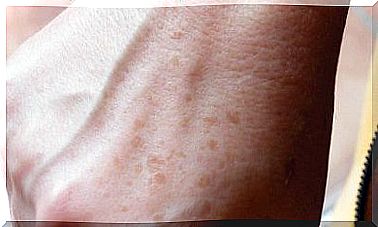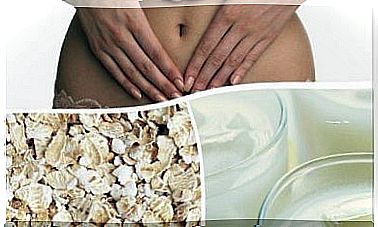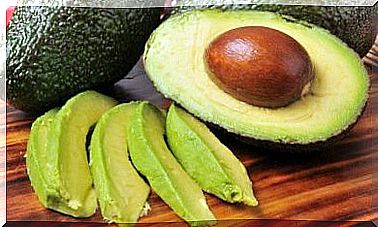What Vitamins Does The Body Need At 20, 30 And 40 Years Old?
A healthy and balanced diet is recommended at all times, but vitamin requirements may vary with our age as our bodies change.

Our body needs vitamins consistently at 20, 30, and 40 years or older. However, these requirements are not always exactly the same.
Take note of the type of vitamins your body needs, especially depending on your age.
At 20 years

At this age, you are doing a lot of physical activities, and even if you don’t know it, your body is starting to prepare for motherhood.
- This way you get the general resistance through the polyvitamins.
- Your skin’s elasticity, tone and healthy hair come from vitamins A, D and zinc.
- As for your reproductive system, it needs vitamin E, folic acid and iron in particular.
- Your immune system works particularly thanks to vitamins B6 and B12.
- The good general state of your body is obtained thanks to vitamin C.
The ideal diet
If you eat too many industrial pastries or skip meals, you could end up suffering from overweight or poor nutrition.
So remember that at 20, this is the perfect step to start following good eating habits. So you have to give your body all the vitamins it needs.
- At this age, your body needs minerals and protein for the development of muscle mass.
- It is best to eat vegetable fats and increase the consumption of iron, vitamins B and C. This will strengthen your immune system.
At 30
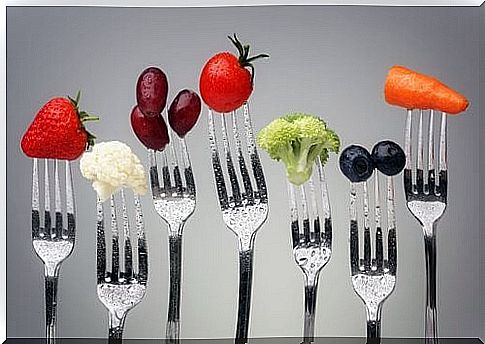
At this age, the body itself protects the organism from future illnesses, while maintaining the efficiency of all systems.
At this stage of your life, the elasticity of your skin and the good condition of the dermis depend on vitamins A and E.
- Your immune system and nervous system work with the B vitamins, vitamin C and magnesium.
- The good functioning of your body is also promoted thanks to zinc, vitamin A and iron and cell renewal is ensured by phosphorus and calcium.
The ideal diet
At this point in your life, you may start to notice a few extra pounds on the scale which will gradually increase.
If this is your case, now is the time to take action and reduce the amount of food you eat because the body is slowing down.
Try to eat healthier, more natural foods. Choose for:
- Salads
- Blue fish (rich in omega 3)
- Pan-fried vegetables
- Five servings of fruit per day
- Breakfast cereals to give your body fiber
- Foods rich in calcium and iron
Avoid processed foods and certain condiments, such as sauces and fried foods, which will only give you empty calories.
At 40
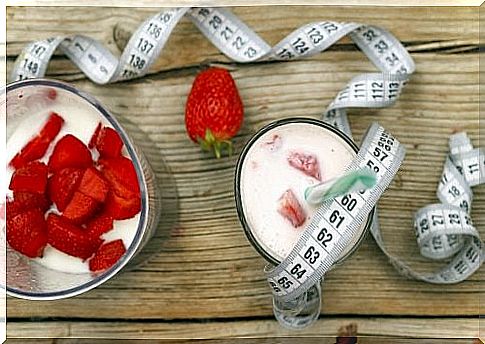
At 40, this is a stage in which you retain your youth, but it is time to protect your weakest points.
- If you have low energy levels, you may have anemia and need iron.
- To protect the bones properly, you should take calcium and vitamin D.
- In case you have anxiety, muscle pain, and cramps, you will need magnesium and potassium.
- If you want to protect the health of your heart and blood vessels, you will need folic acid and vitamin B12.
- Also, if you want to have better carcinogenic and antioxidant protection, you will need vitamins A, C, D and E.
The perfect diet to give your body the vitamins it needs
At this point, your body will start to experience the first hormonal changes. The key to combating possible weight changes is to consume antioxidants.
Foods rich in antioxidants slow down the effect of free radicals on our body. These are the culprits of premature aging of cells.
- Don’t stop consuming five servings of fruits and vegetables a day. Remember the steamed or grilled fish and to consume dried fruits.
- At this stage, it will be important to increase the consumption of foods rich in vitamins A and D to fight against osteoporosis.
- We also need to reduce the amount of salt we consume as long as we don’t suffer from fluid retention which causes us to gain extra pounds.
Poor nutrition can lead to a low daily intake of vitamins. Can you recognize the signs your body is sending you to tell you that you are lacking in vitamins? Some are very common. In this article, we’ll list them for you, and explain how to fix them.



